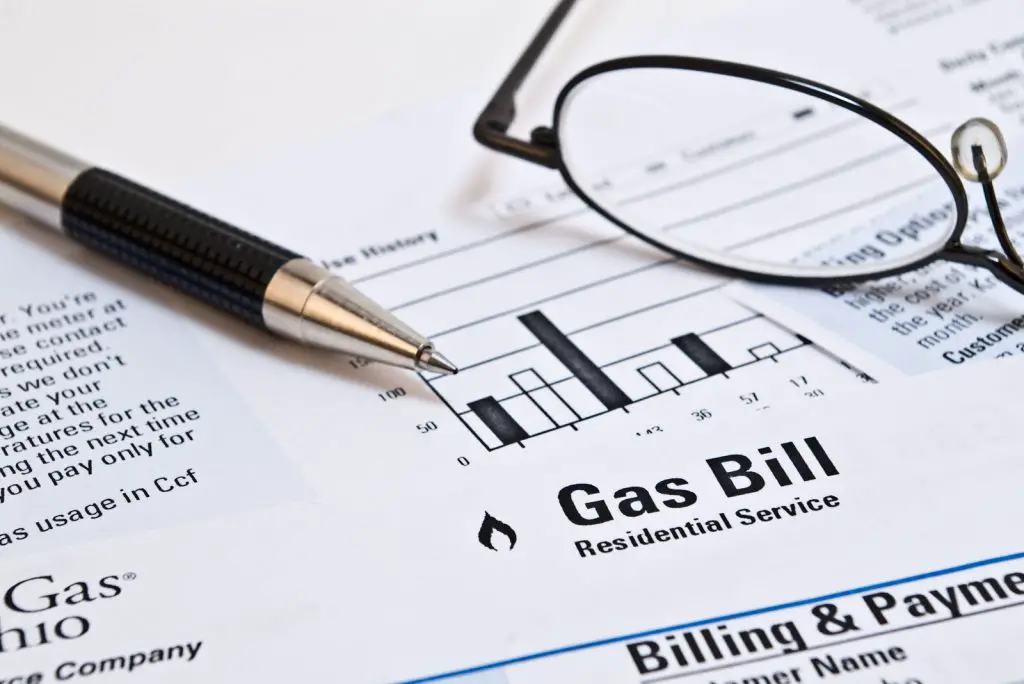Business energy bills can be confusing with the amount of information shown on them and at first glance may look to be more expensive than a residential energy bill. Here, we will look at whether they are actually cheaper than domestic.
Is Business Energy cheaper than Domestic?
In terms of unit prices, business energy bills are cheaper than domestic ones. Other costs added to these end up making the bill appear more expensive. If you are a small business using less energy, you can benefit from lower taxes and charges. You may only need to pay 5% VAT instead of the usual 20%. Also, you would not have to pay the climate change levy which is chargeable on kWh units used after a certain amount per day, currently 33kWh for electricity and 145kWh for gas.
If you are a small business using less electricity, you will be able to benefit from

The key differences between business and domestic energy tariffs are:
- Businesses pay lower unit prices than domestic. Because of the type of contracts made, businesses tend to use much more energy and so is like buying in bulk. This is then made cheaper per unit. With business energy contracts, usually the gas and electricity is purchased on the wholesale market once the energy supplier agrees a contract with the business. This is different from domestic which is purchased months in advance.
- There are greater price fluctuations with business energy. After ending of a fixed contract, the prices may have changed considerably from what you were paying before. This will affect your overheads significantly.
- Businesses have to pay a higher tax rate of 20% VAT. Other factors like this make a business tariff different to a domestic. Residential energy tariffs pay 5%.
- More criteria for business prices. To come to the correct long term price, businesses have more criteria to meet. Residential comparisons can be done quickly online.
- Businesses have to pay the Climate Change Levy. If their energy supply comes from non-renewable energy sources, the climate change levy is charged. This does not apply to a business using small amounts of energy. Other similar charges are also added to a business tariff which will eventually find it’s way to the end consumer as higher prices.
To help quickly compare the best business tariffs, click on the Love Energy Savings link below to get a quote.
Are business energy prices fixed?
Most commercial and business electricity contracts are on fixed 1, 2 or 3 year terms as they help with budgeting for the year. If your fixed tariff ends and you haven’t agreed on a new contract, you will pay the variable rate which is usually higher. But flexible tariffs are coming in the market with one month rolling plans, for example.
What are typical business electricity rates?
The average unit price in kWh for a business electricity tariff is 15p. The average standing charge on that tariff is 65p. A good rate would be anything less than these prices. So if your electricity bill shows higher figures than these, you are almost certainly going to save by changing supplier.
What are typical business gas rates?
The average unit price in kWh for a business gas tariff is 3.5p. The average standing charge on that tariff is 30p. A good rate would be anything less than these prices. So if your gas bill shows higher figures than these, you are almost certainly going to save by changing supplier.
What to look for when comparing business energy prices
The main things to consider when comparing business energy prices are the type of contract you want – fixed or variable; the length of the contract – anything from 30 days to 5 years; the unit prices and standing charges for each fuel, and what services they offer in the contract as well as any penalties and exit fees.
How many business energy suppliers are there in the UK?
There are over 50 business energy companies in the UK. Most suppliers of domestic provide business energy also and it’s mainly only the type of contract that changes for them. The gas and electricity distributors deal with the incoming supply to the premises.
List of business energy suppliers
As you might imagine, the commercial electricity and gas supply market is huge and so there are many suppliers who want a share of it. They include:
- EDF Business
- Npower
- EON Business supply
- SSE
- British Gas business
- Scottish Power
- Haven Power
- Total Gas & Power
- Gazprom
- DONG Energy
- Corona Energy
- Opus
- CNG Contract Natural Gas
- Crown Energy
If you have decided to look for a better deal and switch suppliers, it is almost always easier to go with an energy broker who can compare multiple suppliers at the same time. Love Energy Savings is a trusted business energy broker that can find you a better deal. Click on the following link for a free quote.
*The information in this article should be used for general guidance only. Full details are on the link in the footer to our disclaimer page. Always discuss your requirements with a competent and suitably qualified professional before undertaking any work.
Affiliate disclosure
Heatology.co are participants in a variety of affiliate schemes which help fund and run this website, visitors who follow our links and purchase a product may earn Heatology.co a commission. The money we make from affiliate marketing costs you nothing but keeps us online, so thank you for your continued support!

